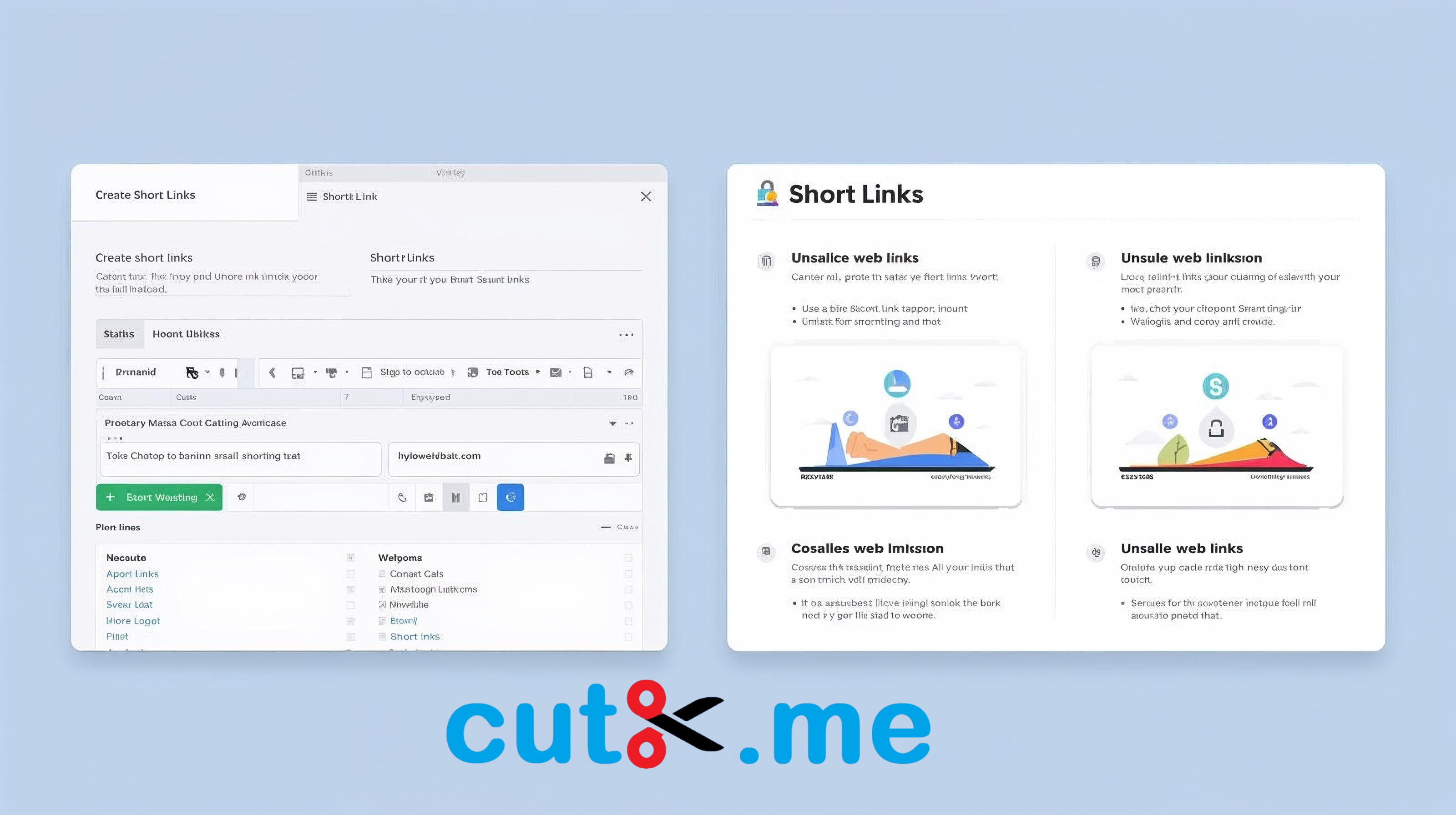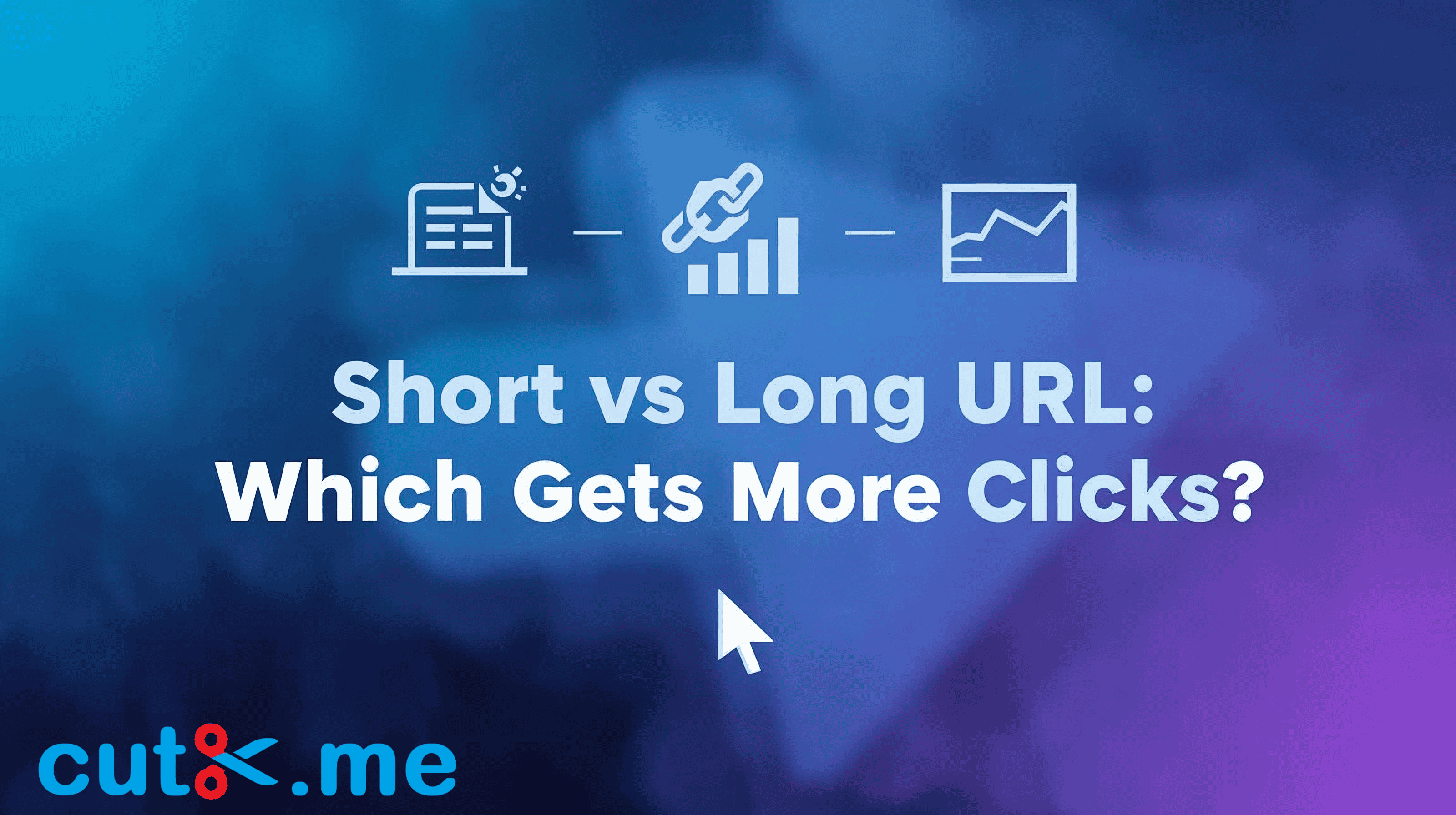
Introduction
In the world of digital marketing, attention spans are shrinking. You’ve got seconds to grab a user’s interest. That’s why short, memorable links dominate shares, tweets, emails, and more. But not every URL shortener is safe—or smart. In this guide, you’ll learn how to shorten URLs safely and efficiently, protect your brand, boost click-throughs, and avoid pitfalls many overlook. Let’s dive in.
How to Shorten URLs Safely and Efficiently
Why Shorten URLs?
They’re easier to share (especially on social media).
They look cleaner and more professional.
They can improve tracking and analytics.
They help with branding if you use custom domains.

Risks of Unsafe URL Shortening
Link Rot & Broken URLs
Shortened links can break if the service shuts down or changes policies.
Phishing & Malware
Unscrupulous users might mask dangerous destinations. Users may be wary of clicking.
Loss of Trust
If someone clicks a link and lands on spam, your brand reputation takes a hit.
How to Choose a Reputable URL Shortening Service
Domain Reputation & Age
Older, established services are safer. For example, unlike random startups, cutx.me may raise eyebrows if its domain is new or privacy-hidden.
Transparent Ownership & Policies
The best ones show who’s behind it, their terms, and privacy rules.
Custom Domain Support
Allow users to brand their links (e.g. go.yourbrand.com/abc).
Analytics & Tracking Features
Clicks, referrers, geolocation—must-have data if you’re serious.
Link Safety Checks
Automatic spam or malware scanning before redirecting users.
Step-by-Step: Creating a Safe Short URL
Step 1 — Pick or Register a Custom Domain
Choose something memorable (e.g. go.yoursite.com). Register it with a reputable domain registrar.
Step 2 — Setup DNS & Redirect
Point your custom domain to your link shortening service (via CNAME, A record, etc.).
Step 3 — Use a Trusted Shortening Service
Use a service with solid features (security, analytics). You can use your own or a third-party.
Step 4 — Input Original URL
Paste the full URL, ensure it starts with https://, and sanitize it (remove tracking codes, malicious scripts).
Step 5 — Shorten & Test
Create your short link, then test it in different browsers and devices.
Step 6 — Monitor & Maintain
Watch analytics, deactivate unused links, fix or redirect broken ones.
Best Practices for Safe and Effective URL Shortening
Use HTTPS Always
Force encryption so users feel safe.
Limit Link Expiry or TTL
Set expiration dates for temporary campaigns.
Add UTM Parameters
Track campaign performance (e.g. ?utm_source=instagram&utm_campaign=summer).
Avoid Over-Shortening
Don’t chain multiple redirects—that hurts performance and SEO.
Offer Preview / Warning Pages
Show the destination or confirm with the user before redirection.
Monitor Traffic Spikes
Unusual spikes might indicate abuse or bots.
How to Handle Link Abuse & Management
Scan for Malware & Phishing
Use APIs (Google Safe Browsing, VirusTotal) to detect malicious URLs.
Flag & Quarantine Suspicious Links
Hold them for manual review before activation.
Rate Limit Usage
Prevent one user from generating thousands of links instantly.
Provide API Access with Permissions
Let developers integrate but with safeguards.
Create an Admin Dashboard
Visualize most-used, broken, flagged links.
Use Cases That Prove the Value of Short URLs
Social Media Posts
Short URLs free up characters and look clean.
Email Marketing
Use branded short links for higher click-throughs.
Print Materials
QR codes or short links in flyers, posters, business cards.
Referral Programs
Short, trackable links for incentive campaigns.
A/B Testing
Use two short links to test landing page performance.
SEO & Marketing Advantages of Quality Short URLs
Brand Recall
A memorable link reinforces your name.
Better Clicks in Messaging
Users are more likely to click a clean link than a long, messy one.
Analytics Insights
You track exactly where your traffic comes from.
Shareability
Short links are easier to share & re-share across platforms.
Why Many Sites Prefer Short m’y Link Services (Even with Quirks)
You’ve likely seen services like cutx.me in action. They’re handy, fast, and fun to use—but they sometimes cut corners. They may lack safety checks or analytics features you need. Use them as a benchmark: pick a service better than that, and you’ll stand out.
Common Mistakes to Avoid
Using only free generic link shorteners
Skipping link validation
Not monitoring link usage
Ignoring broken links
Neglecting custom branding
Metrics You Should Watch Closely
Total Clicks
Unique Visitors
Referrers / Source
Geolocation
Device / Browser info
Bounce / Drop-off rates
Conclusion
Shortening URLs isn’t just trimming characters—it’s about trust, performance, and insight. When you follow safe, best-practice methods, you protect your brand, delight users, and gain analytics power. Use a tool—or build your own—that beats services like cutx.me in security and clarity. Stay vigilant, track results, and continuously refine your short link strategy.
FAQs (Frequently Asked Questions)
Q1: What is the ideal length of a short URL?
A short URL typically ranges between 8–20 characters (excluding domain). The goal is readability and memorability — so don’t overdo it.
Q2: Can I shorten URLs on mobile devices?
Absolutely. Many modern services provide mobile dashboards or apps. Just paste the original link and generate on the go.
Q3: Do short URLs improve SEO?
Not directly. But branded short URLs with tracking can drive better user behavior and engagement — which indirectly supports SEO.
Q4: What happens if my short link service shuts down?
All your short URLs break (“link rot”). That’s why using custom domains and backup strategies is critical.
Q5: Can I edit the destination of an existing short URL?
Yes — provided your service supports redirection editing. Always include version control or audit logs when allowing edits.




